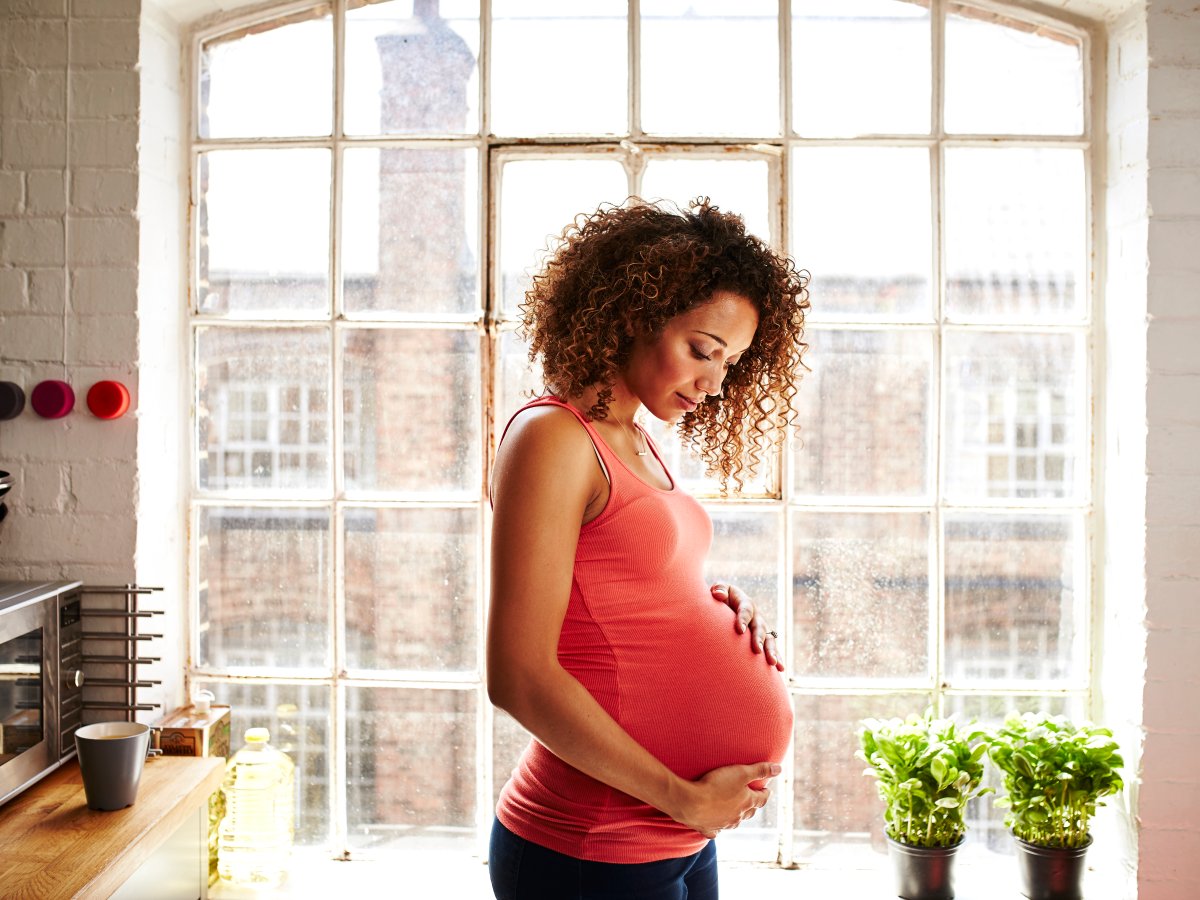Being pregnant can be a magical time in a woman’s life. And while there’s little that could lessen the overwhelming joy of motherhood, many women can experience the onset of new allergies or an increase in existing allergies after pregnancy. What’s strange, however, is that these reactions are difficult to explain definitively.

WATCH BELOW: Dealing with seasonal allergies

“The hard part is that there isn’t necessarily a huge amount of medical evidence or research out there on allergies that occur after pregnancy,” says Dr. Quinn Hand, a naturopathic doctor in Toronto.
“But it makes sense that they would occur. As much as pregnancy is a beautiful thing, it’s strenuous and traumatic to the human body.”
Hand points out that the body naturally immuno-suppresses itself so as not to reject the fetus during pregnancy, and in that process, it could shift how it would normally sensitize to allergens. When we’re immuno-suppressed, we don’t do an effective job of fighting off irritating or inflammatory things, whether they’re foods or environmental elements.
“Eventually, when the immune system comes back online after giving birth, it looks for things to react to, which is why some women may experience reactions to certain foods that they could eat without issue prior to having a baby,” she says.
READ MORE: A peanut allergy ‘cure’ may be on its way. Here’s how it works
The most frequently reported allergic reactions in women post-pregnancy are increased seasonal allergies, food sensitivities, and PUPPP rash, a skin condition characterized by small pink itchy bumps on the abdomen in stretch marks. This usually appears during pregnancy and can linger for weeks after birth. None of these allergies are life-threatening, nor are they dangerous to the baby, but they can affect a woman’s quality of life for a temporary period.
“You have to look at the immune system imbalance and what’s happening at the gut level. There could be a shift in gut permeability, and we know so much of our immunity is in the gut,” which could lead to a food intolerance or sensitivity to an environmental factor, Hand says.
- Wegovy now in Canada: Who should (and shouldn’t) use the weight-loss drug
- A spoonful of olive oil a day could reduce risk of death from dementia: study
- Trans Mountain pipeline expansion will boost Canadian oil prices ‘for years’: MEG Energy
- Canadian insurer rolls out pilot to assist in wildfire home protection
READ MORE: Almost 50% of food allergies in adults begin later in life: study
The good news is, in most cases, these allergies clear up on their own within a few months. Conversely, women can seek naturopathic remedies to speed up the recovery process. In particular, Hand points to the powers of probiotics, whose sole purpose is to restore gut health.
“It’s an immune imbalance within the body between the T helper cells, and probiotics can fix that imbalance. I had one patient who always had seasonal allergies but then she developed eczema after pregnancy. By using predominantly probiotics to balance the T helper cells, we were able to resolve it,” Hand says.
“For a lot of women, these allergic reactions will subside, but you can also use some simple and basic tools.”






Comments